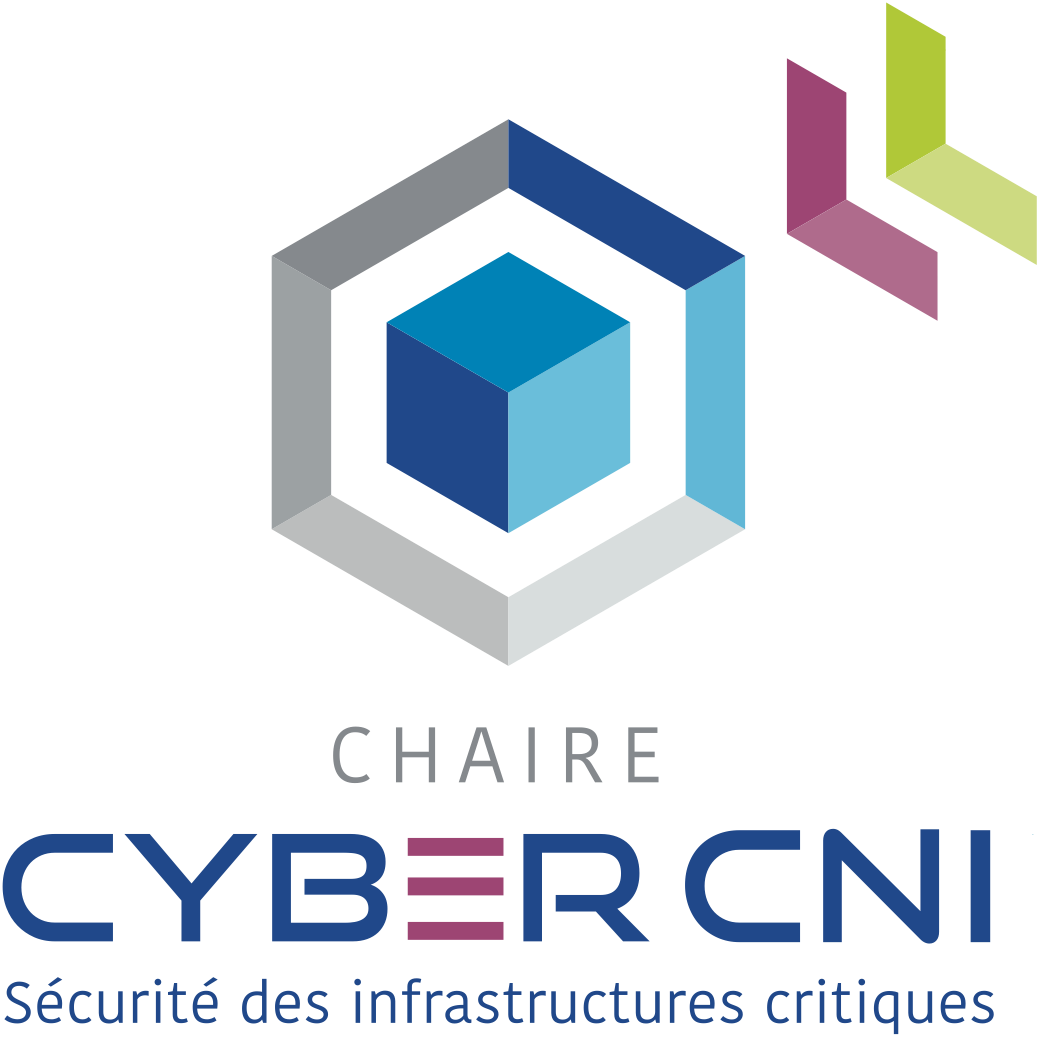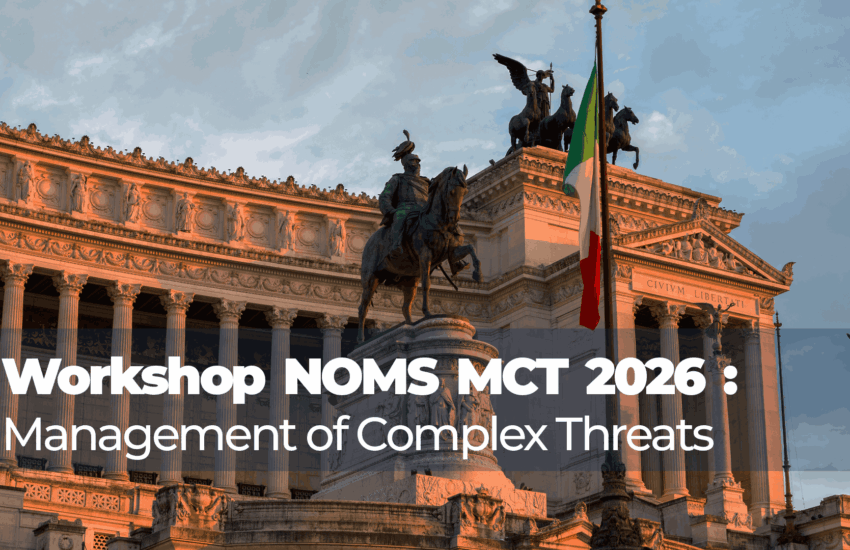[RU1/22] Manel SMINE : Software-defined Security for Network Function Virtualization
On the research update spring 2022, our PhD student Manel SMINE presented his latest results regarding “Software-defined Security for Network Function Virtualization“. This presentation is a part of our bi-yearly research update events of the chair Cybersecurity for Critical Networked Infrastructures (cyberCNI.fr). More infos on our website https://cyberCNI.fr/
We cordially invite you to contact us for collaborations, partnerships, etc. We are constantly looking for new industry partners to strengthen our profile. Make an appointment to find out more!
Abstract
Network Functions Virtualization (NFV) is a network architecture concept which virtualizes network functions (firewalling, DNS, intrusion detection, etc.). It creates a Virtualized Network Function (VNF) instance that is deployed over a virtualized infrastructure. NFV is introduced as a new methodology that offers several advantages such as the optimization of the resources and the improvement of network
efficiency and performance. Despite those advantages, security concerns are an important obstacle for a wide adoption of NFV. New threats and vulnerabilities are inevitably introduced. The objective in this work is to enhance the security of VNF network services by controlling the communication between the different components of the network service through the deployment of access control policies.
About Manel Smine
My name is Manel Smine, and I did a master’s degree in “Cloud Computing and Services” in 2017. After that I did an internship in IMT-Atlantique for six months. My experience in programming, software analysis, and IT technical management helped me to master several essential technologies such as developing information systems, software analysis, and design, virtualization, and storage techniques. Currently, I am enrolling in the Ph.D. program, entitled “Software-defined Security for Network Function Virtualization” at IMT Atlantique Rennes.
About the cyberCNI.fr Research Update
The cyberCNI.fr (https://cyberCNI.fr/) Research Update (Spring/ Fall) happens once per semester. It is the big status event of the chair Cyber CNI. All works around the chair (PhD students, PostDocs, Engineers, …) are presenting their progress, current works, and next challenges. There are vital discussions with the audience on the topics. It is the perfect opportunity for getting an overview on and discussing what is going on at the chair. From the spring 2022 event on, the Research Updates start with an industrial keynote of one of our partners, giving insights to and showcasing their work.
About the chair Cybersecurity of Critical Networked Infrastructures (cyberCNI.fr)
The Cyber CNI Chair at IMT Atlantique is devoted to research, innovation, and teaching in the field of the cybersecurity of critical infrastructures, including industrial processes, financial systems, building automation, energy networks, water treatment plants, transportation. The chair covers the full stack from sensors and actuators and their signals over industrial control systems, distributed services at the edge or cloud, to user interfaces with collaborative Mixed Reality, and security policies. The chair currently hosts 6+3 PhD students, 1+3 PostDocs, 11 Professors, 1+1 engineers, and 1 internship student.
The chair runs a large testbed that enables applied research together with the industry partners. The industry partners of the current third funding round are Airbus, Amossys, BNP Paribas, EDF, and SNCF. The chaire is located in Brittany, France. Brittany is the cybersecurity region number 1 in France. The chair Cyber CNI is strongly embedded in the cybersecurity ecosystem through its partnerships with the Pôle d’Excellence Cyber (PEC) and the Brittany Region. The chair provides a unique environment for cybersecurity research with lots of development possibilities.
- Les AFTERS by Pôle Excellence Cyber - April 7, 2023
- Federated Learning as enabler for Collaborative Security between not Fully-Trusting Distributed Parties - February 10, 2023
- [RU2/22] Anthony DAVID : Virtual Reality for cybersecurity data vizualisation - December 21, 2022









